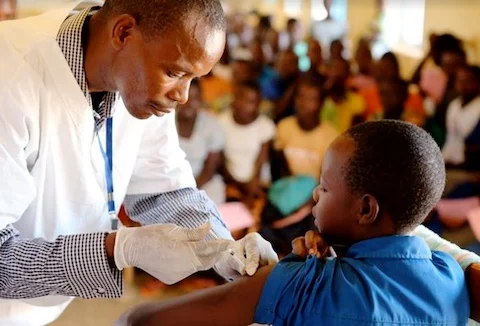In a world where global social research is shaping humanitarian policies, economic development, and social transformation, ethics of global social research has never been more vital. Whether studying migration patterns in West Africa, gender roles in Southeast Asia, or educational access in rural Latin America, researchers must go beyond data collection they must operate with integrity, sensitivity, and deep ethical consideration.
In today’s interconnected world, the ethics of global social research require more than just data collection. So, what does ethical global social research really look like?
Let’s dive into the layers of consent, culture, and power that researchers must navigate in today’s interconnected world.
Respecting Cultural Norms in Cross-Border Research
Ethical global research isn’t one-size-fits-all. Cultural diversity plays a central role in shaping how information is shared and received. across diverse regions. What may be acceptable in a European context could be considered intrusive or offensive elsewhere. Ethical researchers must therefore adapt their methodologies to local customs, languages, and expectations without compromising the quality or truthfulness of their data.
For instance, in some Indigenous communities, community consent carries more weight than individual consent. Understanding and respecting such distinctions is key to preserving trust and integrity in fieldwork.
Informed Consent: Beyond the Signature

Informed consent is more than a signed document it’s about transparent communication, participant empowerment, and ensuring people truly understand how their data will be used. In global settings, literacy levels, language barriers, and cultural norms about authority figures can complicate the process.
That’s why responsible researchers must:
- Translate consent forms into local dialects
- Explain purpose and risks verbally and visually
- Allow participants to withdraw without fear
At Insight and Social, our field teams are trained to deliver ethics-compliant, culturally appropriate consent processes, ensuring participants’ rights and dignity are upheld at every stage.
Power Dynamics in Global Research Projects
Let’s be honest: research isn’t always an equal exchange. Researchers, particularly those from wealthier nations or institutions, may unconsciously exert power over participants from lower-income or marginalized communities.
This creates a responsibility to acknowledge, balance, and actively minimize power imbalances.
That means:
- Employing local enumerators and field supervisors
- Co-designing research with community stakeholders
- Sharing findings with participants and local institutions
When done right, ethical global social research empowers rather than exploits the very people it seeks to understand.
Why the Ethics of Global Social Research Matters More Than Ever

In an era of digital surveillance, misinformation, and rising inequality, the ethics of global social research is not a checkbox, it’s the foundation of legitimacy and impact. Unethical practices can harm communities, skew data, and damage trust in the entire research ecosystem.
That’s why companies like Insight and Social are committed to embedding ethics in every layer of their global fieldwork from methodology design to data analysis and reporting.
Partner with Insight and Social for Ethical Global Research
If you’re seeking a partner that understands the complex ethical terrain of global social research, look no further than Insight and Social. With operations across the globe, we ensure that every project is ethical, inclusive, and globally compliant.
Get in touch today to discuss your next ethically driven research project.





